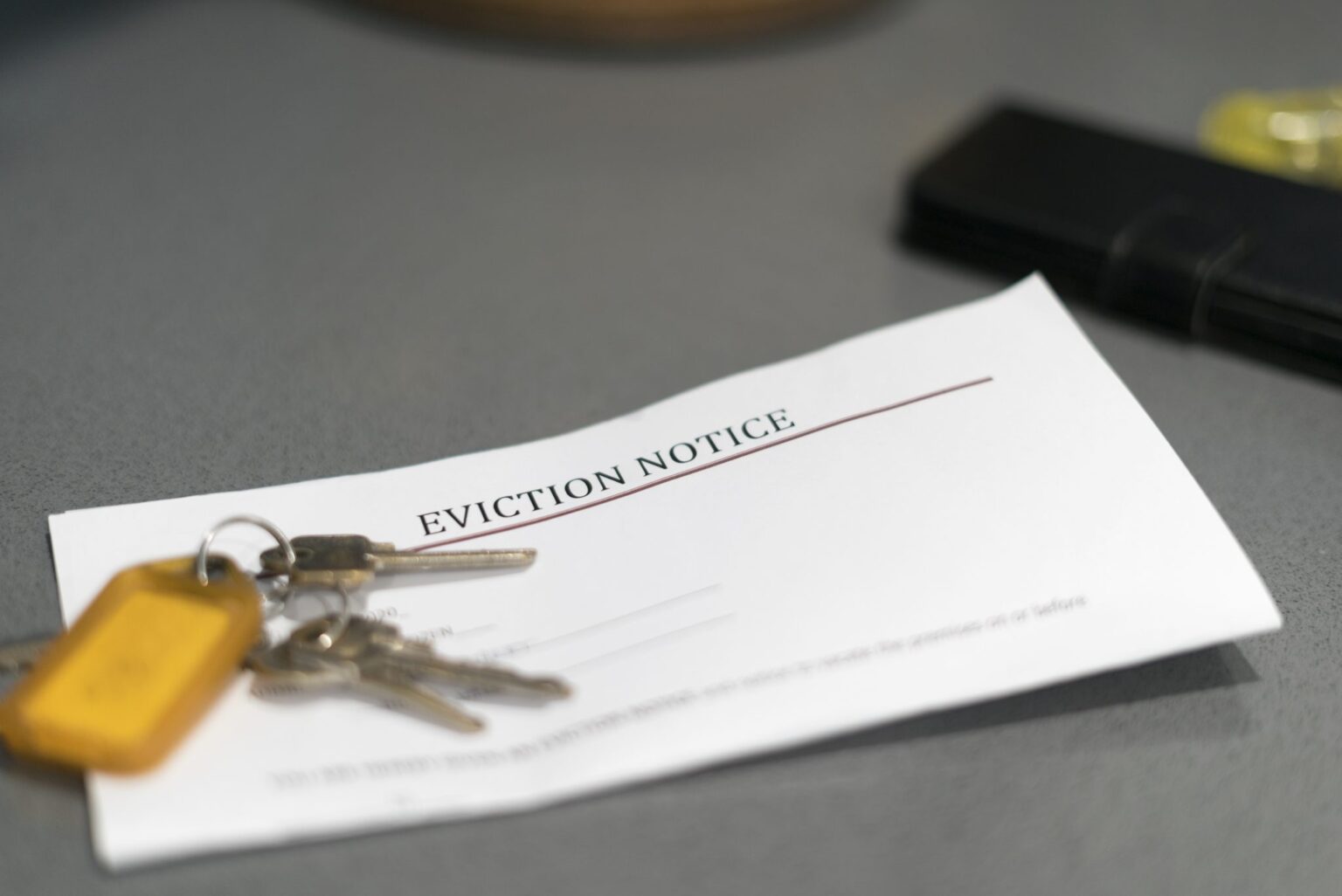The government’s tenant eviction ban comes to an end next month. Here’s why it’s welcome news to many in the industry.
Since March, court proceedings to evict tenants in England have been on hold. The government put a stop to landlords starting or continuing eviction proceedings in order to give tenants stability and security during lockdown. As a result, landlords who issued eviction notices prior to March have also had to put proceedings on hold.
While the eviction ban was initially for a period of three months, the government later extended it by two more months. At the same time, some landlords have also taken advantage of mortgage payment holiday options. For those whose tenants have been unable to pay rent, this has been an essential lifeline.
However, from 24th August, landlords will once again be able to carry out processes to remove tenants. This means courts will begin to hear repossession cases once again for landlords. There is likely to be a large backlog of cases from pre-lockdown, as well as a number of new ones.
Protection for tenants and landlords
The news is largely extremely welcome across the industry, as it offers more certainty for the rental market. For landlords struggling with tenants in arrears before COVID-19, or those with antisocial behaviour or domestic violence issues, they can now begin to take action to reclaim their properties.
However, vulnerable tenants will still get the protection they need from the sector. Those in rent arrears because of COVID-19 will also still be able to access more options. Many landlords have already lowered rents or offered payment breaks to help their tenants.
Ben Beadle, chief executive of the NRLA, said: “We continue to work hard with landlords and tenants to sustain tenancies wherever possible. In the vast majority of cases this is happening.
“It is vital however that swift action can be taken against those tenants committing anti-social behaviour or domestic violence. We are calling also for priority to be given to cases where possession orders were granted prior to lockdown or where rent arrears have nothing to do with the COVID pandemic.”
Domestic violence cases have been a major issue in the PRS. An estimated 38% of all victims rent privately, and Refuge has reported a 66% rise in calls since the pandemic. In many cases, landlords would have been able to end the tenancy agreement and offer a new one to the victim. However, with the eviction ban in place, they haven’t been able to take action.
Likewise, in cases of antisocial behaviour, including in shared tenancy houses, issues have been unable to be resolved through eviction. From August, landlords can once again protect their properties and other tenants through eviction.
How to deal with COVID-19 rent arrears
Landlords whose tenants were already in serious arrears will now be able to begin or resume eviction proceedings. However, where tenants have been impacted directly by coronavirus, such as through redundancy, new guidance is available.
The guide has been produced by the NRLA, the Chartered Institute of Housing, The Property Redress Scheme, My Deposits, the Tenancy Deposit Scheme and ARLA Propertymark. It aims to provide support to both landlords and tenants in difficulty. As well as practical ideas for managing debts, there is advice for tenants applying for benefits.
In a joint statement, the groups said: “Covid-19 has posed significant challenges for both tenants and landlords.
“As a group we are committed to doing everything possible to sustain tenancies both through and beyond this period of crisis.”
“The guidance…has an important role to play in achieving this and we encourage all tenants and landlords to work through it together in a spirit of positive co-operation.”










